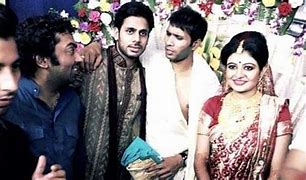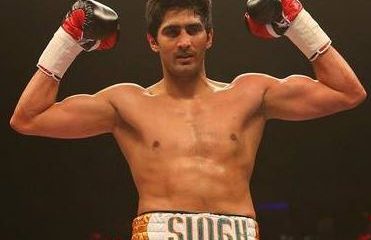Feature
Muslim husband wants to perform dead Hindu wife ritual according to her religion
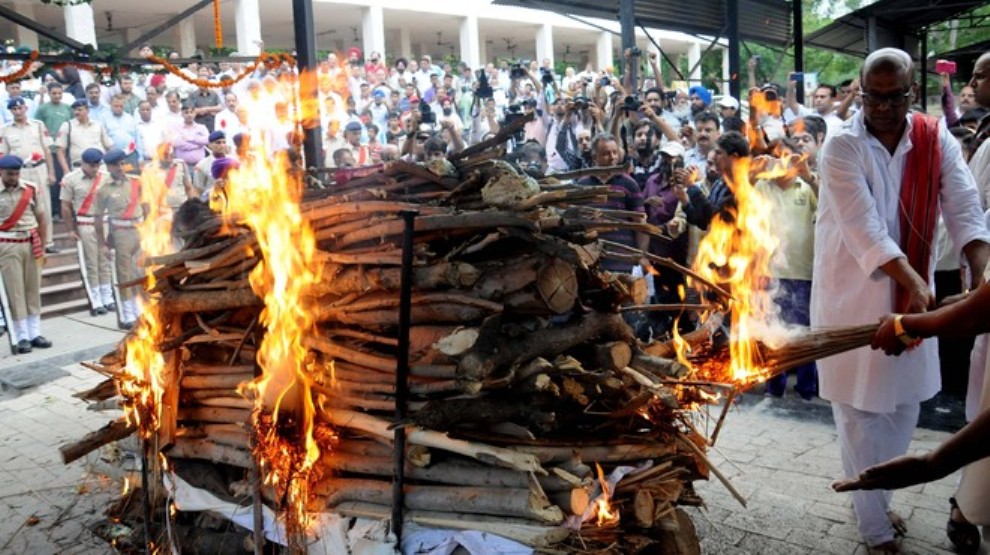
New Delhi: A Muslim husband wants to perform a ritual for his dead Hindu wife and a temple society in a New Delhi Bengali-dominated neighbourhood has not allowed because they believe the woman was no longer a Hindu after her marriage even as she hadn’t given up her faith.
Imtiazur Rahman, who is based in Kolkata, lost her wife Nivedita Ghatak in the capital after she suffered from multi-ogran failure last week — 20 years after the couple married in accordance with the Special Marriages Act that allows inter-faith wedding of couples irrespective of their individual faith.
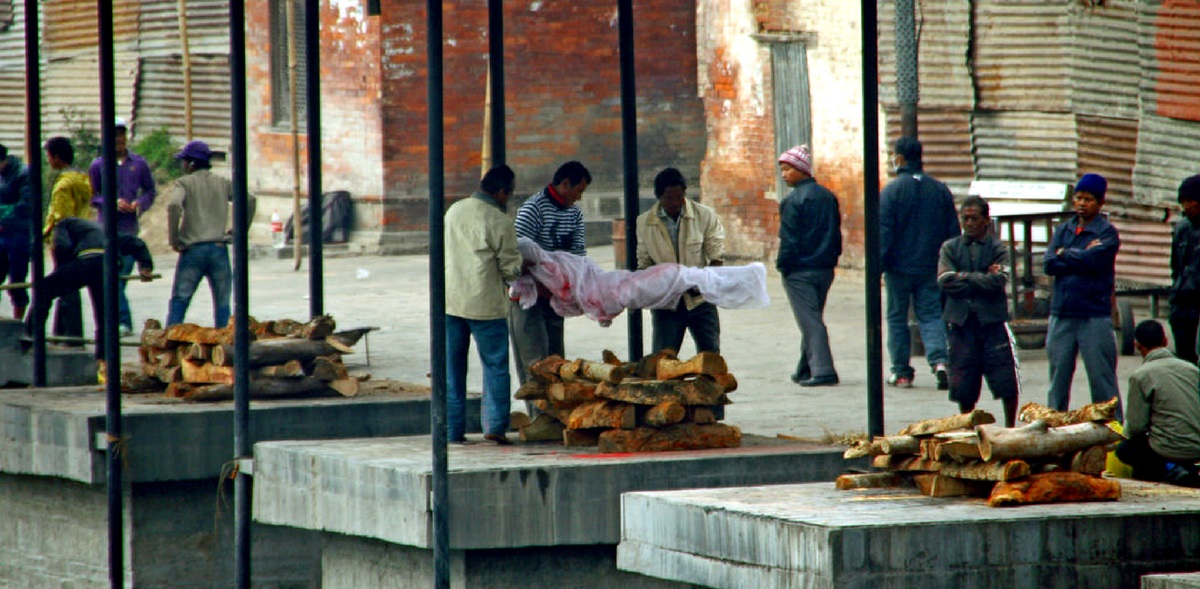
Ghatak was cremated as per Hindu rites at Delhi’s Nigam Bodh Ghat but the family could not perform shradh — a set of Hindu rituals performed for the deceased.
Rahman, who works as assistant commissioner, commercial taxes in the West Bengal government, said he had booked an August 12 slot at Kali Mandir Society in the Bengali-dominated Chittaranjan Park after paying Rs 1,300 for the ceremony on Aug 6. But he was later told by the temple society that his booking has been cancelled “for obvious reasons”.
Ashitava Bhowmik, the president of the temple society, told journalist that Rahman’s request could not be taken up for “more than one reason”.
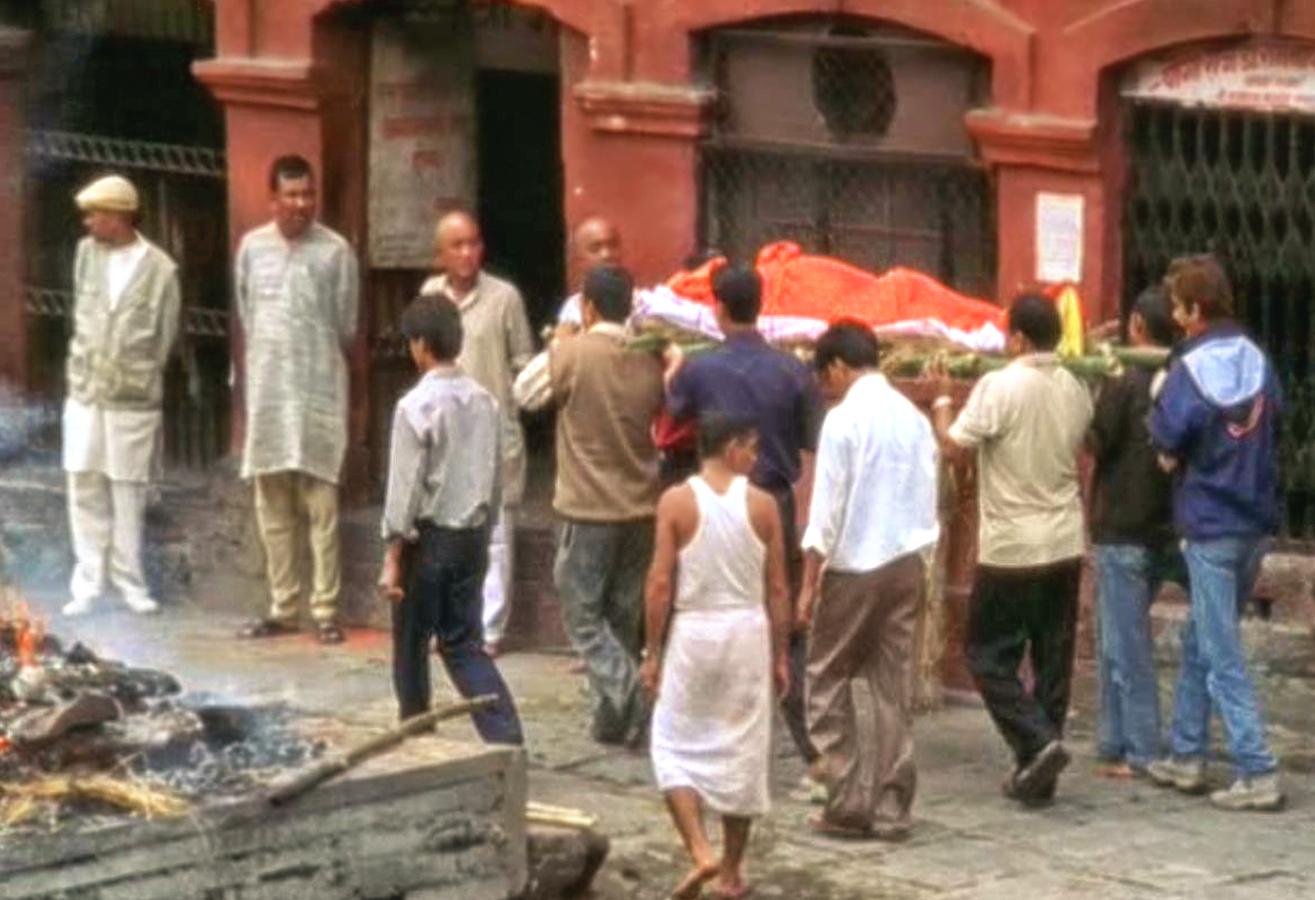
He alleged that Rahman “concealed his identity” and made the booking in his daughter Ihini Ambreen’s name “which doesn’t sound like Arabic or Muslim”.
Bhowmik said “we got to know about his religious identity when a priest got suspicious and asked him about gotra” — the lineage which forms an important factor in determining Hindu ancestry.
Muslim husband wants to perform ritual of dead Hindu wife according to her religion:
“Obviously, he had no answers. Muslims don’t follow gotra system. His wife can no longer be considered a Hindu after marrying the Muslim because a woman adopts the surname and belief system of her in-laws and becomes a part of that society,” Bhowmik told media persons.
Unapologetically, he said, “It was done in keeping with and respecting the Hindu traditions and rites.”
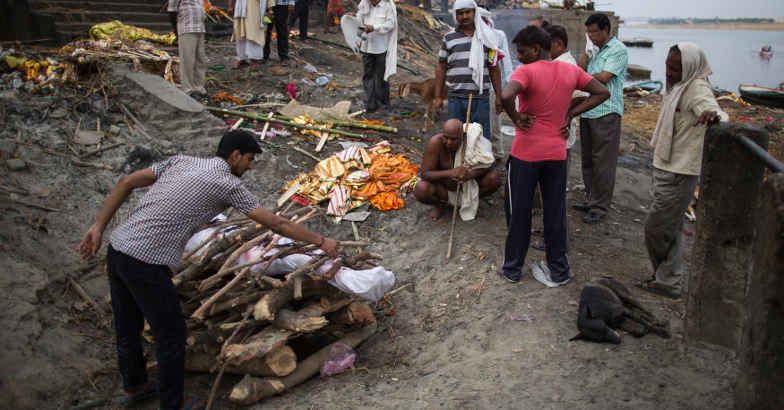
Asked since it was the last wish of the woman, who followed the Hindu belief system, Bhowmik said “who knows the man has some ulterior motive and could bring in 50-100 of his relatives inside the temple and start praying Namaz” there.
“What will we do in that case? Should we allow that?” he asked.
Being probed further that it was only the temple society’s hypothetical fear, Bhowmik said if Rahman was too keen on performing the ritual of his wife he should do that at his home.
“Why insist on a temple in Delhi? Why doesn’t he do it at his home in Kolkata?”

But Rahman countered the allegations saying faith was a personal matter for him and it had never hurt his relationship with his “practising Hindu wife” as she would perform any ritual the way she wanted and he would do it his way.
“This time I wanted to do it her way because she would have wanted to me do it like that. But am not being allowed.” He has not been able to hold the shradh ritual till now.
Entertainment
Meghalaya Reserves Legalized Gambling and Sports Betting for Tourists

The State Scores Extra High on Gaming-Friendly Industry Index
Meghalaya scored 92.85 out of 100 possible points in a Gaming Industry Index and proved to be India’s most gaming-friendly state following its recent profound legislation changes over the field allowing land-based and online gaming, including games of chance, under a licensing regime.
The index by the UK India Business Council (UKIBC) uses a scale of 0 to 100 to measure the level of legalisation on gambling and betting achieved by a state based on the scores over a set of seven different games – lottery, horse racing, betting on sports, poker, rummy, casino and fantasy sports
Starting from February last year, Meghalaya became the third state in India’s northeast to legalise gambling and betting after Sikkim and Nagaland. After consultations with the UKIBC, the state proceeded with the adoption of the Meghalaya Regulation of Gaming Act, 2021 and the nullification of the Meghalaya Prevention of Gambling Act, 1970. Subsequently in December, the Meghalaya Regulation of Gaming Rules, 2021 were notified and came into force.
All for the Tourists
The move to legalise and license various forms of offline and online betting and gambling in Meghalaya is aimed at boosting tourism and creating jobs, and altogether raising taxation revenues for the northeastern state. At the same time, the opportunities to bet and gamble legally will be reserved only for tourists and visitors.
“We came out with a Gaming Act and subsequently framed the Regulation of Gaming Rules, 2021. The government will accordingly issue licenses to operate games of skill and chance, both online and offline,” said James P. K. Sangma, Meghalaya State Law and Taxation Minister speaking in the capital city of Shillong. “But the legalized gambling and gaming will only be for tourists and not residents of Meghalaya,” he continued.
To be allowed to play, tourists and people visiting the state for work or business purposes will have to prove their non-resident status by presenting appropriate documents, in a process similar to a bank KYC (Know Your Customer) procedure.
Meghalaya Reaches Out to a Vast Market
With 140 millions of people in India estimated to bet regularly on sports, and a total of 370 million desi bettors around prominent sporting events, as per data from one of the latest reports by Esse N Videri, Meghalaya is set to reach out and take a piece of a vast market.
Estimates on the financial value of India’s sports betting market, combined across all types of offline channels and online sports and cricket predictions and betting platforms, speak about amounts between $130 and $150 billion (roughly between ₹9.7 and ₹11.5 lakh crore).
Andhra Pradesh, Telangana and Delhi are shown to deliver the highest number of bettors and Meghalaya can count on substantial tourists flow from their betting circles. The sports betting communities of Karnataka, Maharashtra, Uttar Pradesh and Haryana are also not to be underestimated.
Among the sports, cricket is most popular, registering 68 percent of the total bet count analyzed by Esse N Videri. Football takes second position with 11 percent of the bets, followed by betting on FIFA at 7 percent and on eCricket at 5 percent. The last position in the Top 5 of popular sports for betting in India is taken by tennis with 3 percent of the bet count.
Local Citizens will Still have Their Teer Betting
Meghalaya residents will still be permitted to participate in teer betting over arrow-shooting results. Teer is a traditional method of gambling, somewhat similar to a lottery draw, and held under the rules of the Meghalaya Regulation of the Game of Arrow Shooting and the Sale of Teer Tickets Act, 2018.
Teer includes bettors wagering on the number of arrows that reach the target which is placed about 50 meters away from a team of 20 archers positioned in a semicircle.
The archers shoot volleys of arrows at the target for ten minutes, and players place their bets choosing a number between 0 and 99 trying to guess the last two digits of the number of arrows that successfully pierce the target.
If, for example, the number of hits is 256, anyone who has bet on 56 wins an amount eight times bigger than their wager.






